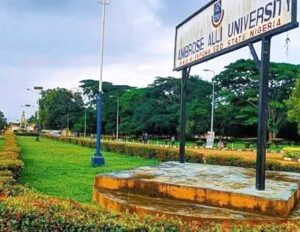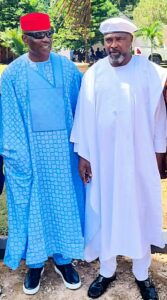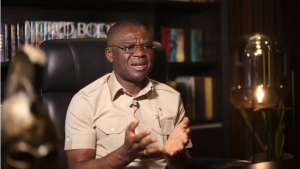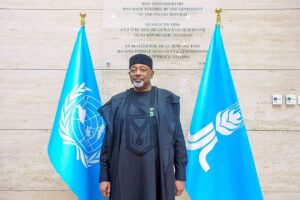Edo State: Countdown To September 2024! The Situation of Learning Institutions
By Moses Abehe
Early childhood and primary education is recognised as the foundation to future learning. In Edo State, the present administration of Mr. Godwin Obaseki has relentlessly campaigned and scored themselves high on the intervention they have made in the sector.
It is on the basis of the would-be achievement, that the World Bank and other multilateral agencies have rated Edo State, the Ministry of Education and Governor Obaseki high in their scores and extended grants and loans to the administration.

SUBEB Chairman Salami
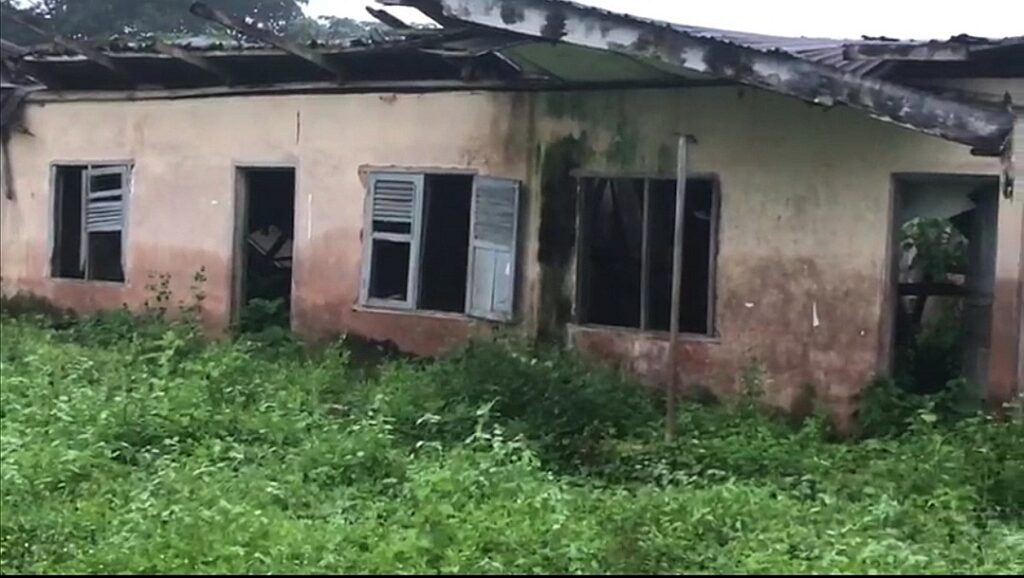
Remains of Obanisi Primary School
However, with the reports emanating from stakeholders in the education sector, the World Bank may have to retrospectively evaluate their score and rating of Edo BEST education programme as a model.
The National Policy on Education – the Universal Basic Education, UBE, came as a replacement was intended to enhance the success of the first nine years of schooling.
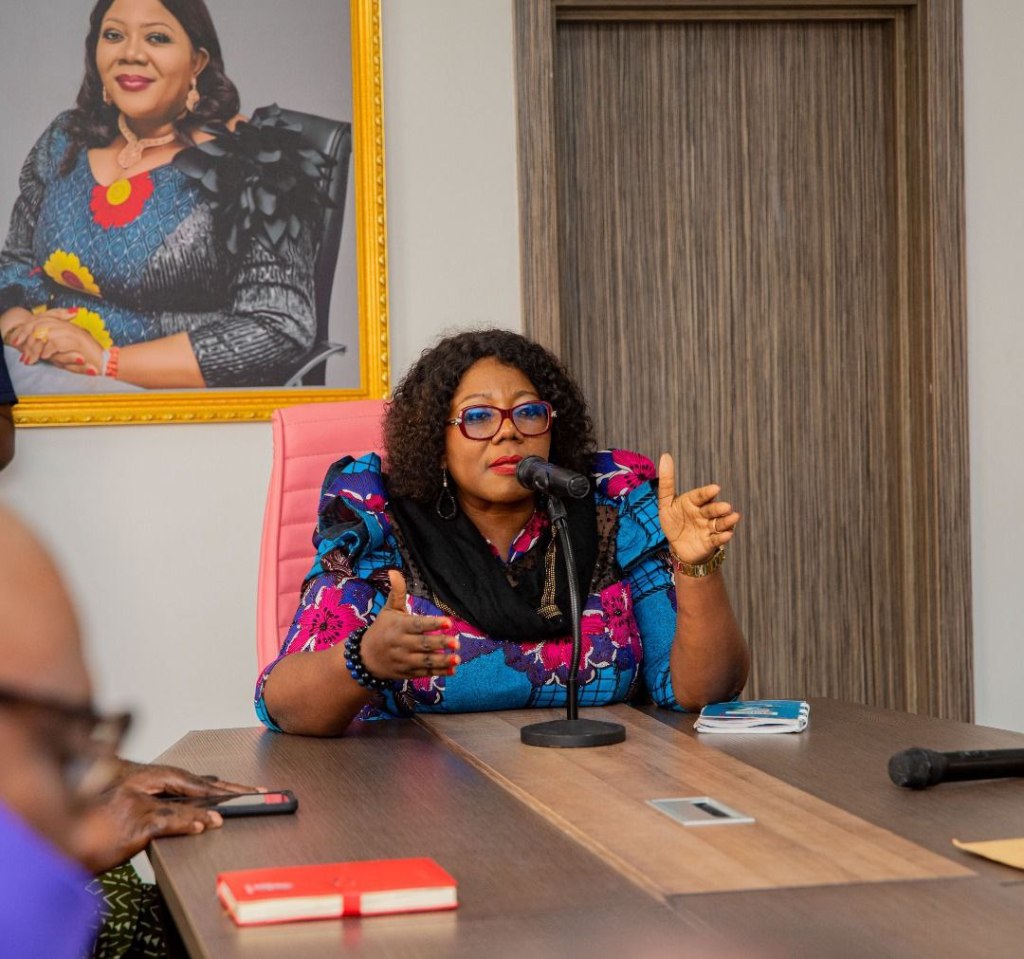
Joan Oviawe
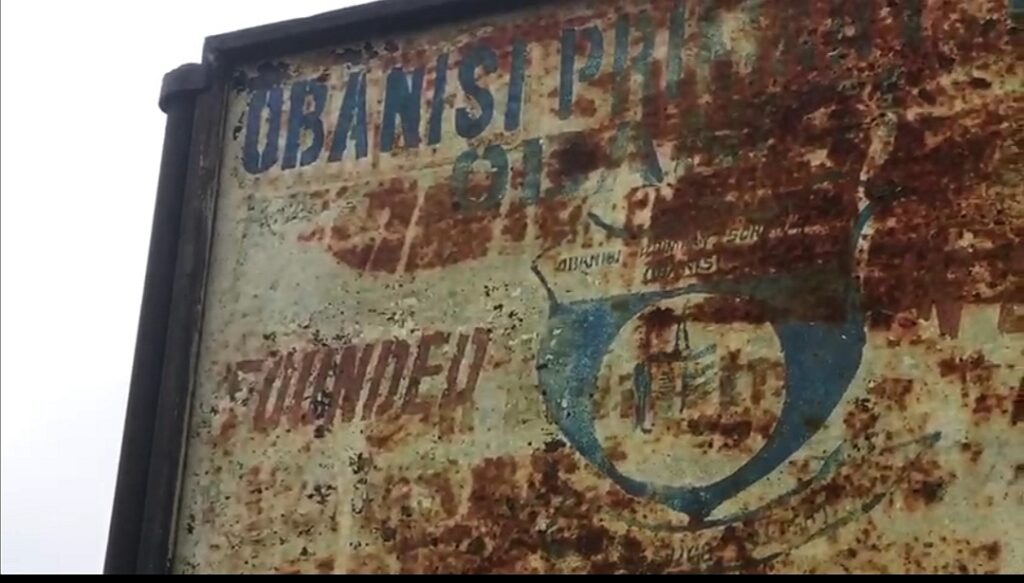
Charred remains of Obanisi Primary School
The features of this policy was to have schools that are pupils friendly, with extra-curricular activities and others.
Some states have capitalised on this opportunity to attract more funds through matching grants and the results are showing in the standard of schools they are constructing.
From recent reviews and reports, the present administration in Edo State has failed to utilize the federal government backed UBE effectively for boys and girls who are eager to be educated.
So far, our team of reporters have visited over 96 primary schools and 42 secondary schools in Edo communities, and the report shows a very slow pace of intervention by the Government of Edo State.
The conditions are so dire that Governor Obaseki may have to jettison the Universal Basic Education standard and just give the desperate people the minimum of classroom, desk and table.
From the survey conducted so far by Midwest Herald, more than 50% of schools completed by Edo State Universal Basic Education Board are without toilets and water. In some cases, the questionnaires were simply ticked by respondents as “Yet to Done.”
Curiously, UBE management ticked some of the schools as having toilets, water, play field and others.
60% of the schools – primary and secondary in Edo State, are dilapidated buildings with poor laboratories – where they exist, inadequate desks, chairs and in some cases, pupils write on the floor.
The general complain across the schools is use of untrained community teachers that are paid by the parents and community members.
A case in point is the Obanisi Primary School in Uhunmwode Local Government Area of the state. The school was constructed by the local government council during the administration of Hon. Isaiah Osifo as Council Chairman.
According to Mr. Ugiagbe Sunday, a carpenter in Obanisi, before the community eventually abandoned the school about three years ago, the blocks have started falling on the pupils.
Then they pleaded with Hon. Osifo to help them bring their concern to the attention of Dr. Joan Oviawe, who was earlier the chairman of SUBEB, now the Commissioner of Education.
On his side, Hon. Osifo confirmed that indeed, the people of Obanisi approached him to plead with the state government to come to their aide and he forwarded their request to Oviawe but got tired after he made several reminders to the commissioner.
“I personally spoke to the commissioner for Education, Dr. Joan Oviawe and gave her a video of the school last year (2022). The authority did not even bother to visit the school to ascertain the actual situation. Dr. Joan Oviawe is from Uhunmwode Local Government Area. It is obvious from the video that the school has been abandoned.”
For clarity purpose, Obanisi is approximately 4.9km from Ramat Park in Benin City, and about 24 minutes drive, but a motorcycle rider will make the trip in 18 minutes. Yet, no officials of government responded to their SOS calls to save children from collapsing school blocks.
When their hope for help failed, the pupils migrated to Eguaholor Primary School, a distance of three and half kilometers.
The pupils who are strong enough to trek the distance have to contend with reptiles because the only road from Obanisi to Eguaholor is overgrown and covered with flood water.
How well this present ‘high-street-window’ approach to primary education in Edo State will promote literacy, especially at the grassroots level is left to be seen.




